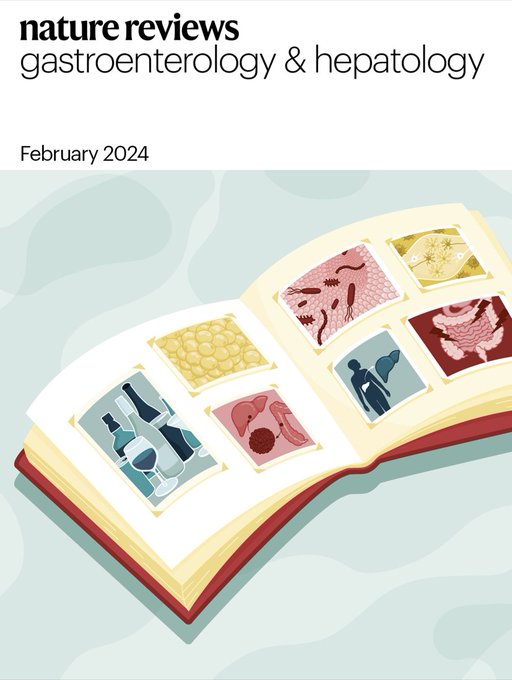The global burden of inflammatory bowel disease: from 2025 to 2045
IF 51
1区 医学
Q1 GASTROENTEROLOGY & HEPATOLOGY
引用次数: 0
Abstract
Inflammatory bowel disease (IBD) is a global condition that progresses through four epidemiologic stages: emergence, acceleration in incidence, compounding prevalence and prevalence equilibrium. Early industrialized countries are currently in the compounding prevalence stage before transitioning to the prevalence equilibrium stage, with >1% of their populations expected to live with IBD within the next decade. Prevalence equilibrium can be modelled using a health–illness–death compartment framework and partial differential equations to predict prevalence to 2045. Meanwhile, newly industrialized countries are projected to shift from accelerated incidence with low prevalence to compounding prevalence over the next two decades. This Perspective explores the global evolution of IBD through these epidemiologic stages, presenting a framework for disease prevention and innovative health-care strategies to address the critical challenges the global IBD community will face over the next 20 years. The global burden of inflammatory bowel disease (IBD) is shifting as countries transition through four epidemiologic stages. This Perspective explores the global evolution of IBD over the next 20 years and proposes strategies for prevention and health-care innovation.


全球炎症性肠病负担:从2025年到2045年
炎症性肠病(IBD)是一种全球性疾病,其发展经历四个流行病学阶段:出现、发病率加速、复合流行和流行平衡。早期工业化国家目前正处于复合流行阶段,然后才过渡到流行平衡阶段,预计在未来十年内将有1%的人口患有IBD。患病率平衡可以使用健康-疾病-死亡间隔框架和偏微分方程来预测患病率到2045年。与此同时,预计在今后二十年,新兴工业化国家将从低流行率的加速发病率转向复合流行率。本展望通过这些流行病学阶段探讨了IBD的全球演变,提出了疾病预防和创新卫生保健战略的框架,以应对全球IBD社区在未来20年将面临的关键挑战。
本文章由计算机程序翻译,如有差异,请以英文原文为准。
求助全文
约1分钟内获得全文
求助全文
来源期刊
CiteScore
52.30
自引率
0.60%
发文量
147
审稿时长
6-12 weeks
期刊介绍:
Nature Reviews Gastroenterology & Hepatology aims to serve as the leading resource for Reviews and commentaries within the scientific and medical communities it caters to. The journal strives to maintain authority, accessibility, and clarity in its published articles, which are complemented by easily understandable figures, tables, and other display items. Dedicated to providing exceptional service to authors, referees, and readers, the editorial team works diligently to maximize the usefulness and impact of each publication.
The journal encompasses a wide range of content types, including Research Highlights, News & Views, Comments, Reviews, Perspectives, and Consensus Statements, all pertinent to gastroenterologists and hepatologists. With its broad scope, Nature Reviews Gastroenterology & Hepatology ensures that its articles reach a diverse audience, aiming for the widest possible dissemination of valuable information.
Nature Reviews Gastroenterology & Hepatology is part of the Nature Reviews portfolio of journals.

 求助内容:
求助内容: 应助结果提醒方式:
应助结果提醒方式:


